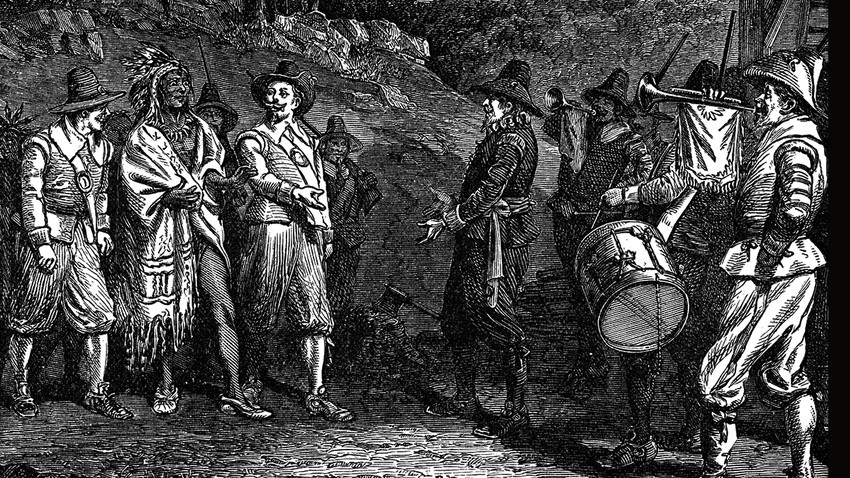For a kid who was born in Japan and grew up in Asia, I’d consider it a dream to spend twenty-one days sailing the Orient on a luxury cruise liner like the Diamond Princess. But for the 2,666 passengers and 1,045 crew aboard that floating 5-star hotel, their heavenly cruise morphed overnight into a hellish nightmare. Quarantined now in the port of Yokohama, the Diamond Princess lists in the harbor, a nova coronavirus battlefield since February 4. On this day that marks the end of the two-week quarantine imposed by Japanese authorities, liberated passengers—one by one, family by family, the infected and the spared—limp off the vessel with prayers for a quick trip home.
Earlier this week the U.S. government dispatched two jumbo 747 airliners to transport the approximately 380 Americans (at least forty of them testing positive for the coronavirus) back to their homeland—for two more weeks of added quarantine in two stateside bases. Anybody homesick yet?
Truth be told this planet we call home has been under a moral quarantine for millennia now. Only three human beings we know by name have been granted travel permission beyond the quarantine belt—three one-way trips to the paradise headquarters of the Kingdom of God. The rest of us have spent a lifetime knowing all too well the reality of confinement to this planet’s quarantine zone.
Stretching the metaphor or simile even further, it turns out a radical life-saving intervention was launched two millennia ago, when the divine Lord of the universe morphed into human form and being, taking up residence with the infected, quarantined race for nearly three and a half decades. His death at the hands of morally diseased and dying earth-dwellers—in a dramatic, counter-intuitive strategy—precipitated the eventual rescue of all infected humans throughout planetary history (if they chose), as well as the eventual re-creation of the ecosystem of this disease-ridden planet. One Life, one death, one resurrection, one return, one Savior. And the stunning history of a rebellion crushed, a disease eradicated and a universe secured—all through the omnipotent intervention of incarnated love.
Quarantine abolished forever and ever. Amen.
Anybody homesick yet?









